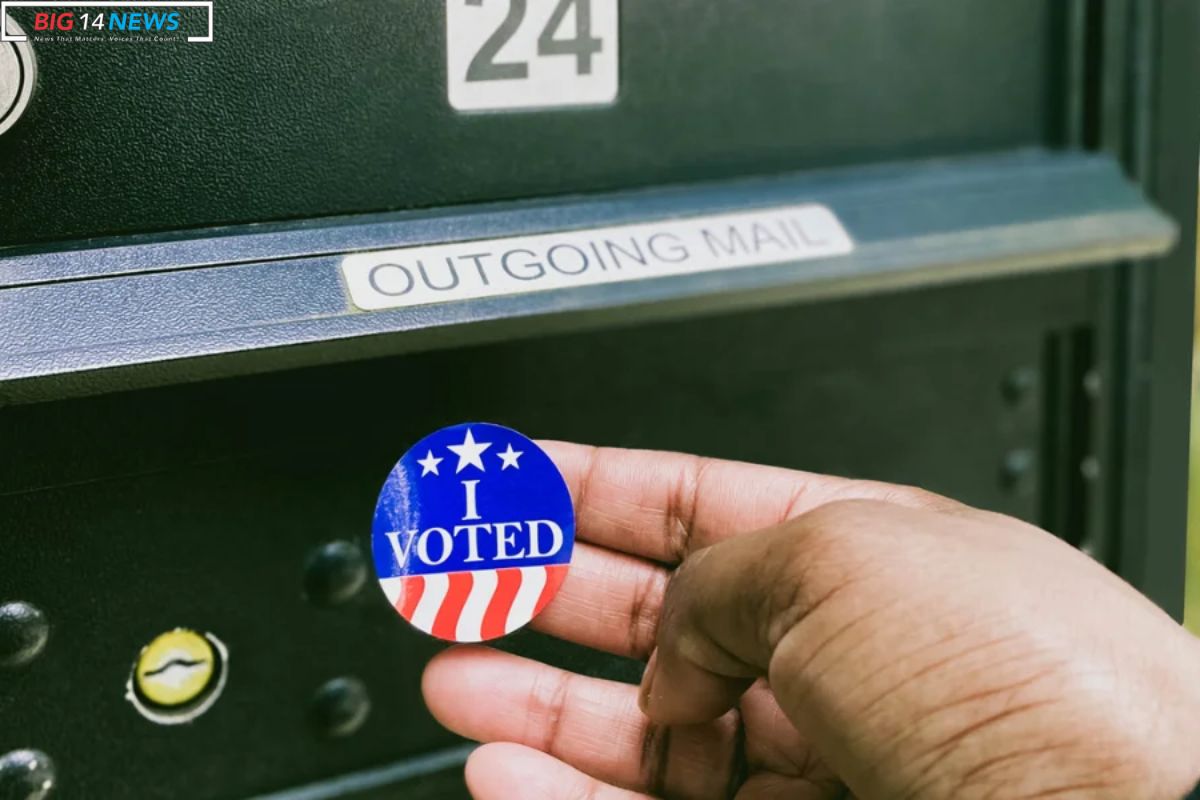Alabama AVID Initiative Evaluating Voter Data: David Levine, a seasoned elections integrity expert at the German Marshall Fund’s Alliance for Securing Democracy, scrutinizes vulnerabilities in electoral systems. With prior experience as the Elections Director in Ada County, Idaho, he managed a spectrum of elections.
Alabama Secretary of State Wes Allen recently unveiled a new initiative, the Alabama Voter Integrity Database (AVID), aiming to enhance the precision of the state’s voter rolls. The strategy involves cross-referencing voter registration data with the state’s driver’s license database, the National Change of Address File, the Social Security Death Index, and voter lists from five other states. While the concept seems promising, it’s worth noting that a similar entity, the Electronic Registration Information Center (ERIC), has already tested and proven this approach. Allen departed from ERIC upon assuming office.
Emphasizing AVID’s security, Allen highlighted that voter information would reside on an Alabama-based server, and the state would directly obtain data from its agencies and other states, bypassing third-party involvement. However, these measures may not offer robust assurances about AVID’s security.
Crucial for AVID is how Alabama’s voter data will be stored and transmitted. During its ERIC membership, Alabama centralized its voter information with other member states. Currently, Alabama has agreements to share voter data with Arkansas, Florida, Georgia, Mississippi, and Tennessee, with plans to expand collaborations. This increases the number of connections Alabama must monitor to safeguard voter information, posing a tangible threat.
Drawing from past experiences, such as the Interstate Voter Registration Crosscheck (IVRC) initiated by Kansas in 2005, there’s a need for vigilant data security. IVRC, which expanded to 29 states, lacked adequate data security protocols, leading to the inadvertent exposure of sensitive information for 1,000 Kansas voters in 2018. This incident raised concerns about identity theft and foreign interference.


ALSO READ: Judge Tim Riley Opts Out of Re-election Bid
The storage practices for Alabama’s voter information also demand careful consideration, especially given the variations among states. ERIC addresses data storage by hashing sensitive information before transmission, making it unreadable. Alabama, despite its experience in data preparation and transmission, needs to tread cautiously, considering past challenges faced by states engaging in similar endeavors.
Another potential concern is whether AVID can match the effectiveness of ERIC. During Alabama’s ERIC membership from 2016 to early 2022, ERIC identified over 19,000 potentially deceased voter records, leading to a 98% removal rate from Alabama’s voter rolls. The success was attributed to comparing Alabama’s voter list with more than half of the other states, including their driver’s licensing data, the National Change of Address File, and the Social Security Death Index. AVID, with collaboration from five states, may struggle to match this comprehensive approach.
While AVID aims to enhance Alabama’s voter rolls’ accuracy, uncertainties persist, particularly with the approaching 2024 elections.

